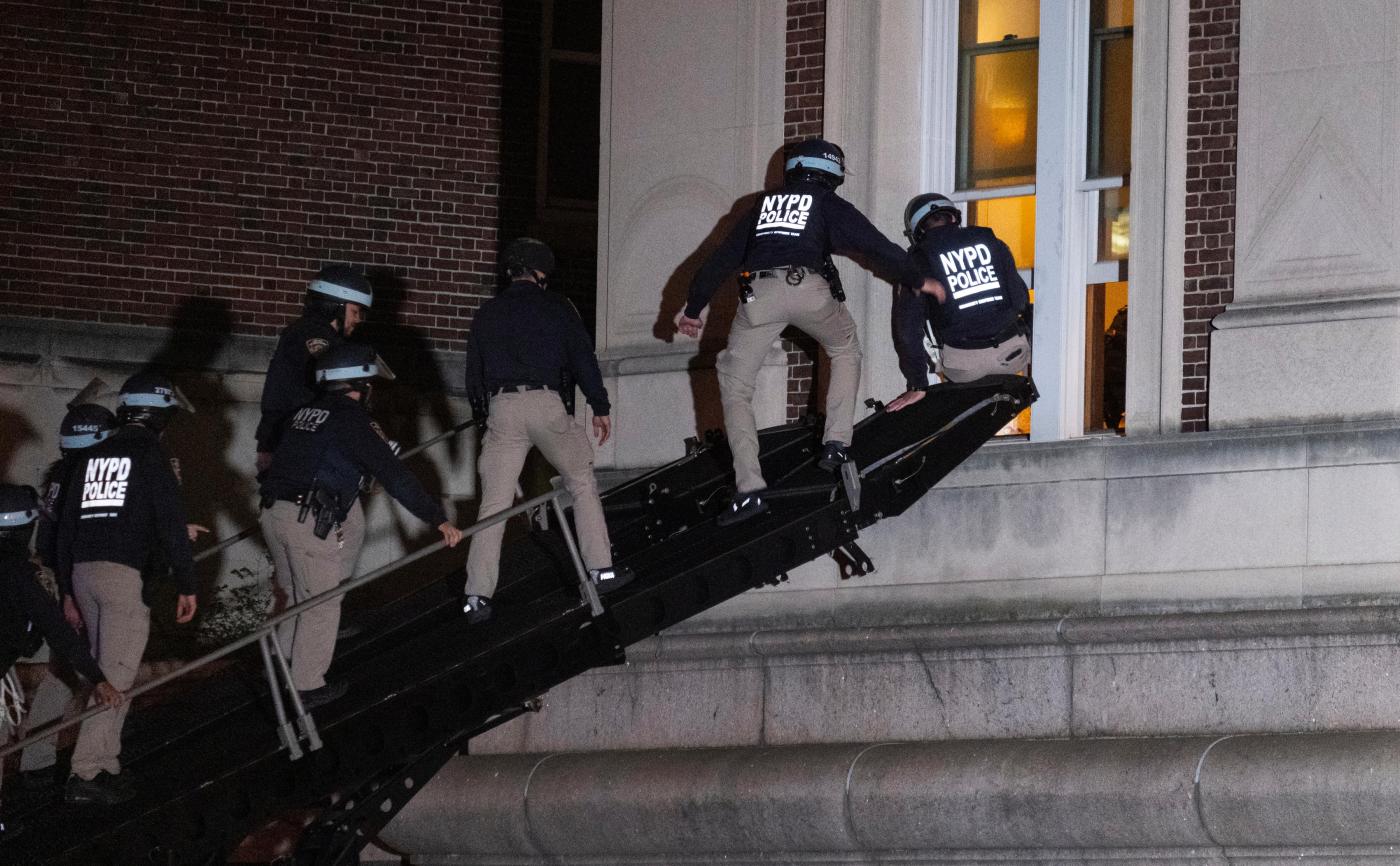
Butcher: Violent college protesters should be ousted
Colleges are considering suspensions and expulsions for students who vandalized campuses and committed violence over the last month. These consequences are entirely appropriate, and overdue.
What took so long? The answer may help prevent violent riots on campuses in the future.
MIT officials recently announced they were suspending “dozens” of students who forced their way back into the area of campus where students had set up encampments. School personnel had warned those encamped, then cleared the tents and set up fencing around the area, telling students not to re-enter. Students proceeded to break through the fences — ignoring the warnings and destroying property.
Now, school administrators have announced sanctions are coming.
Events such as these have happened at schools nationwide. The incidents at MIT, UCLA, Columbia University and elsewhere were not examples of free speech. These were violent acts showing disregard for law and campus rules. School officials should not have waited as long as they did to call law enforcement, and the rioters who were not students, faculty or college staff should face charges. But administrators should be considering suspensions and expulsions for students involved.
College personnel are partly to blame for the disruptions that universities faced over the last month. Campus riots have a long history, but in the most recent iterations of campus unrest dating back at least as far as 2015, colleges were slow to respond to students and rioters who de-platformed or shouted down professors and invited lecturers.
Blocking someone else’s expressive rights is not a protected form of speech. Yet surveys found that some on campus approved of violence in the face of ideas with which they disagree.
State lawmakers around the country adopted provisions to reinforce the U.S. Constitution and protect free-speech rights. But with few notable exceptions, lawmakers did not include provisions that required school administrators to consider suspension or expulsion when students de-platformed a speaker or otherwise engaged in violence.
The message to students was clear: You can be disruptive with minimal or no consequences. Today, however, students have pushed the bounds even further, creating so much disturbance that some schools were forced to cancel classes and graduation ceremonies because campuses were not physically safe for anyone.
Had school personnel acted decisively during riots over the last 10 years, consistently suspending or expelling violent students, perhaps disrupters would have had second thoughts. State lawmakers should revisit their conduct codes and require public college administrators to involve law enforcement and consider suspension or expulsion when students destroy school property, injure others, violate free-speech protections or otherwise commit violence.
College educators must teach students the difference between free speech and violence. The former deserves protection. The latter should be met with consequences.
Jonathan Butcher is the Will Skillman Fellow in Education at The Heritage Foundation/Tribune News Service

